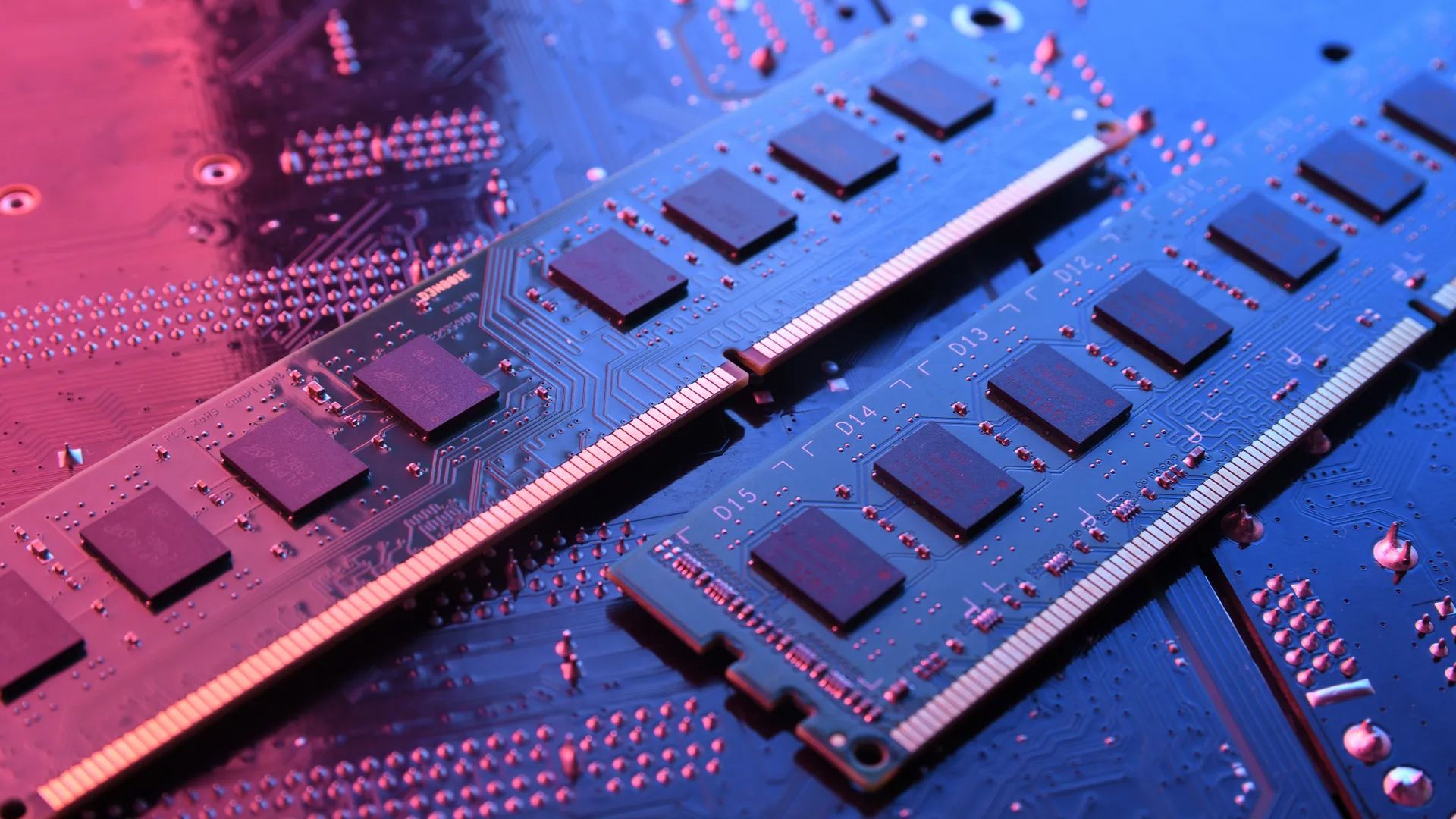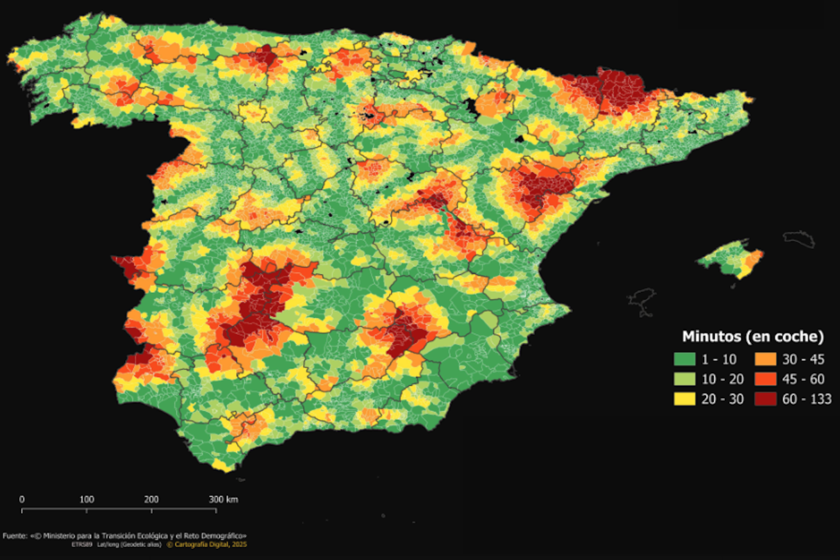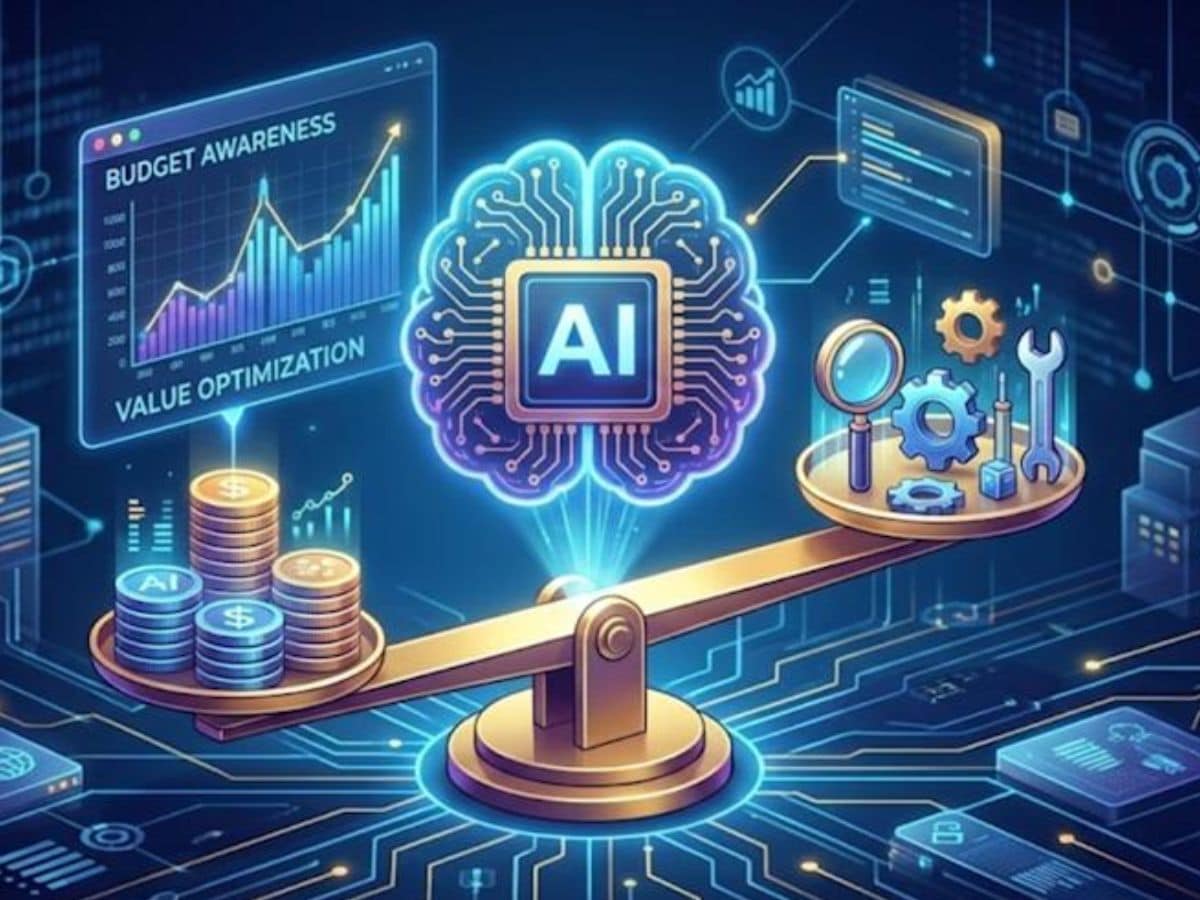Juan Antonio RelañoCIO of Bosch Spainpersonifies the new role of technological management in organizations: he is not simply a systems manager, he has become an agent of business transformation.
In this interview, Juan Antonio Relaño shares how he has managed the tension between the weight of industrial legacy and the urgency of digital disruption, as well as the three pillars that have sustained this transformation: comprehensive digitalization, data governance and innovative culture.
During these years at the head of the technological strategy, Juan Antonio Relaño has witnessed how the IoT has stopped being a futuristic promise and has become Bosch’s operational DNA. From connected sensors that anticipate failures in automotive lines to the Bosch Manufacturing Cloud, which allows data and best practices to be shared between plants in different countries, technology is generating a more flexible, transparent and sustainable factory. At the same time, the company has made an ambitious commitment: to equip all its new products with Artificial Intelligence as standard, combining the precision of traditional data-driven AI with the speed and creativity of generative AI.
The common thread of this conversation is a clear and humanistic message: technology does not replace people, it empowers them. From reducing unplanned shutdowns in production plants to achieving carbon neutrality in operations, and now towards experimenting with AI agents capable of executing complex tasks autonomously, Bosch maintains one premise: the validation, interpretation and meaning of the results always falls on people.
This is the vision of a CIO who understands that in the post-digital industrial era, the true competitive differential is not technology for technology’s sake, but the ability to achieve more value with meaning, where innovation and purpose advance hand in hand.
(MCPRO) In these years at the head of Bosch Spain’s technological strategy, how has the vision of the CIO changed within a leading industrial organization that integrates factories and multiple commercial divisions throughout the group? What have been the key pillars of that transformation?
(Juan Antonio Relaño) In recent years, the role of the CIO has gone from being a systems manager to becoming an agent of transformation. In an industrial organization as diverse as Bosch, with factories, engineering centers and commercial divisions, the challenge has been to align technology, business and people.
Today the CIO participates in strategy, not only in execution. The pillars of this transformation have been three:
– Comprehensive digitalization, extending the vision of Industry 4.0 to the entire value chain, not just the plants.
– Data governance, as the basis for decisions and efficiency.
– Innovative culture, which encourages collaboration with different stakeholders such as startups, universities and business schools and technological partners. In short, we have gone from “providing technology” to driving value through technology.
(MCPRO) Bosch has more than 100 years of industrial history in Spain. What do you consider to be the biggest challenges when it comes to combining the weight of industrial legacy with a determined commitment to technological innovation and digital disruption?
(Juan Antonio Relaño) Bosch has been manufacturing in Spain for more than a century, and that legacy is a strength, not a brake. We have deep industrial knowledge, mature processes and highly qualified people. The challenge is to connect that knowledge with new digital capabilities.
Transforming a plant does not mean starting from scratch, but digitizing without losing the industrial essence. To achieve this, we combine investment in equipment modernization, digital training and a strong commitment to change management.
The key is that innovation is not perceived as something imposed, but as a natural evolution that makes work safer, more efficient and more attractive for new generations.
(MCPRO) The Internet of Things (IoT) is already a reality at Bosch, present in initiatives such as the “factory of the future” and in the development of connected products. Could you share some specific IoT use cases in factories or products that are helping to improve efficiency, quality or operational flexibility in your field?
(Juan Antonio Relaño) IoT is already part of Bosch’s DNA. In our factories we apply IoT to monitor production lines in real time, optimizing maintenance and energy efficiency. For example:
– In our automotive plants we use connected sensors that anticipate failures and reduce unplanned stops. An example would be a machine that transmits vibration and temperature values that are outside the normal work pattern.
– In consumption, connected appliances allow remote updates, predictive diagnosis and more agile after-sales services.
– And in the industrial field, the Bosch Manufacturing Cloud platform allows data and best practices to be shared between plants in different countries, accelerating continuous improvement.
All of this gives us a more flexible, transparent and sustainable factory.
(MCPRO) Bosch has declared the goal that all its new products incorporate Artificial Intelligence as standard. How is AI transforming operations, industrial processes or even new product design at Bosch? How does the organization combine traditional AI with new generative AI paradigms?
(Juan Antonio Relaño) AI is transforming everything: from product design to machine maintenance to customer service. At Bosch we have been working with data-driven AI for years; for example, in quality control with artificial vision or in demand prediction.
The novelty now is generative AI and the main challenge that arises is the balance between this and traditional data-based AI. We apply generative AI to accelerate part design, document processes or create internal assistants that help engineering and service teams.
Our approach combines both: traditional AI provides precision and efficiency; generative, creativity and speed. Always with a clear premise: people remain at the center, responsible for validating, interpreting and giving meaning to the results.
(MCPRO) Sustainability is already a fundamental axis in the industry. What role do new technologies (AI, IoT, advanced analytics) play in Bosch’s sustainability strategy and reduction of environmental impact in Spain?
(Juan Antonio Relaño) Sustainability is not a project, it is a design principle. At Bosch Spain, all new digital investments are also evaluated for their environmental impact.
– IoT allows us to reduce energy consumption and emissions in plants.
– Advanced analytics helps optimize production: algorithms adjust parameters in real time to reduce cycle time, reduce waste and improve performance, in addition to simplifying logistics and transportation.
– And AI allows us to design more efficient and durable products. Since 2020 we have been carbon neutral in our operations, but the next step is even more ambitious: moving towards neutrality throughout the value chain. Technology is essential to measure, reduce and compensate for this impact objectively.
(MCPRO) Looking to the immediate future, what do you identify as the great technological challenges and trends that will mark the evolution of Bosch in Spain and Europe in the coming years? Where do you see the greatest opportunities for disruption and competitive improvement?
(Juan Antonio Relaño) I see three major transformation vectors:
– Industrialization and scalability of AI: moving from pilots to scalable solutions, with governance and ethics.
– Intelligent automation: connecting robots, data and people in more flexible and collaborative environments.
– Digital sustainability: measuring the environmental impact of the technology itself, and not just what it allows for optimization.
Added to this is the opportunity for AI agents, capable of executing complex tasks autonomously, always under human supervision.
In short, the challenge is not to incorporate more technology, but to achieve more value with meaning, where innovation and purpose advance hand in hand.












